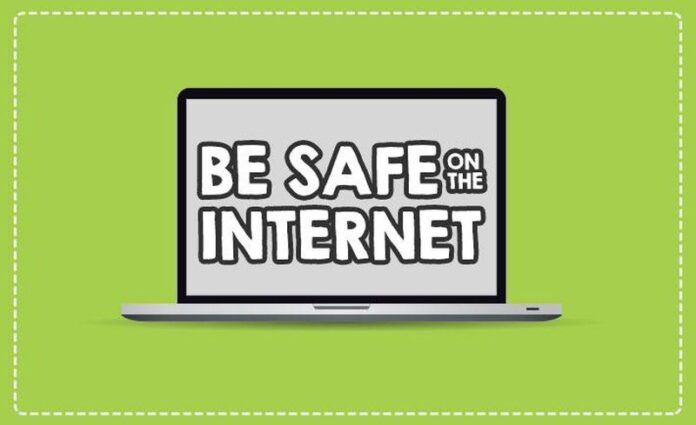
We too often share personal information without thinking about the consequences, leave saved passwords in browsers, and naively believe that the Internet is a friendly and safe environment. But we should always remember that the World Wide Web can be dangerous at every turn. We will tell you a few important rules.
First of all, always remember that your personal information online should be kept to a minimum. Nowadays, this is difficult because registration on various services requires, for example, sms-confirmation. We recommend using a reliable service https://hottelecom.biz/disposable-sms-phone-numbers.html.
A one-time phone number will allow you to easily register in the necessary services or messengers.
Connection Security
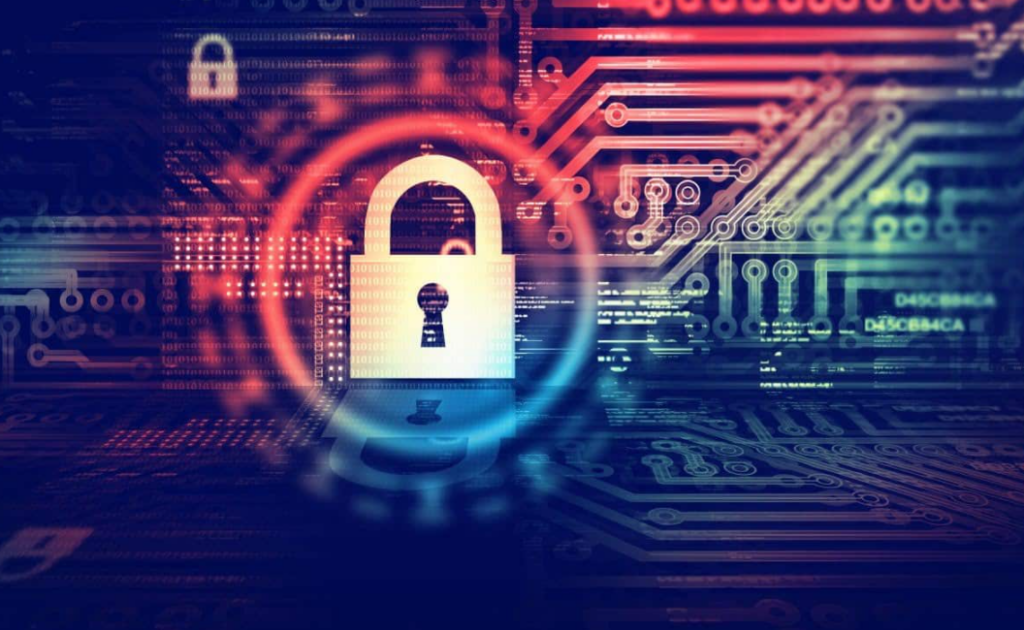
A threat can infiltrate your computer not only directly from your network or from a file received in the mail. It can come from your local network at work, an infected family member’s device, or a vulnerable Wi-Fi hotspot in a public place.
Try to check the security level of all devices and networks you connect to. In public places, it’s best not to use open networks for online payments or authentication to web services (unless you have a VPN).
The Secret Search Engine
Use DuckDuckGo. It’s a system that doesn’t collect data about its visitors, doesn’t store IP addresses or cookies. It has no ads, and the search results are unbiased (Google creates a personalized results feed that may be missing some useful links). DuckDuckGo – helps you protect yourself online and ensure your privacy when searching for information online.
Phone and Тablet
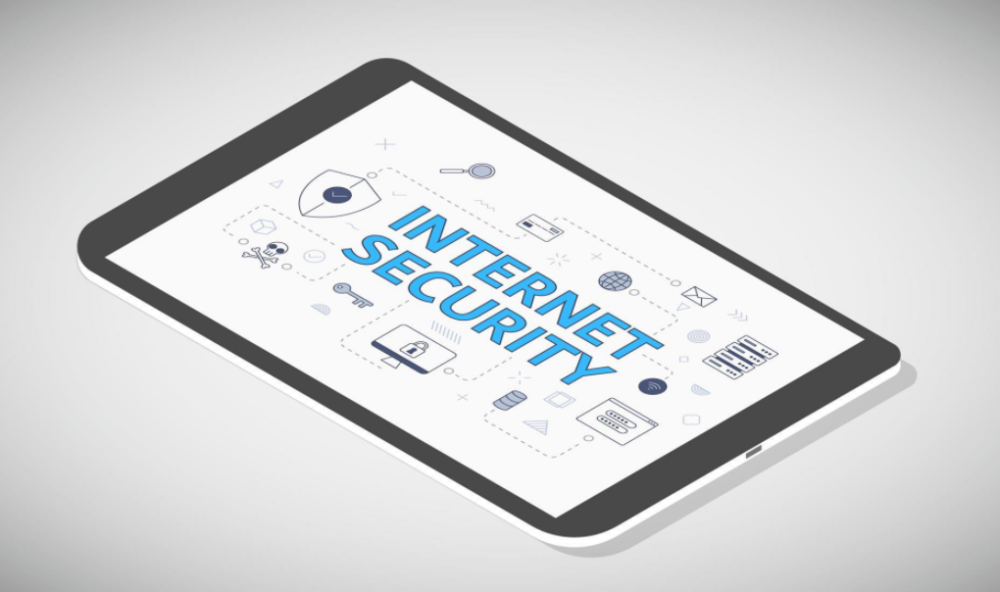
Any device that is easy to lose should be further protected, that is, you should install a graphic or numeric code to unlock it. This is enough to prevent most dangers. Just don’t choose date locks or the simplest combinations.
To fully encrypt your device, use the system’s built-in features. On Android look in “Settings -> Security”, on iOS look in “Settings -> Password”.
If you are in a public place, try to enter the access code on your phone so that it cannot be seen from behind, from the side, or from the cameras, or better yet, move to an unattended area.
One of the biggest cyberattacks on a major company was based on an access security engineer working on his laptop at the airport not noticing that there was a video camera behind him recording everything that was going on.
Don’t Post Unnecessary Information About Yourself
There is no such thing as “temporary” on the internet: everything you once posted online stays online forever, even if you delete the file. You shouldn’t post every event of your life online: what you bought, who you were with, where you vacationed, etc. This is because you are sharing information about yourself with unfamiliar people, which may include cyber criminals. So, in the future, you just might become a victim of targeted phishing or common property theft when you’re on vacation and your apartment is already empty.
Change the privacy settings of your social networking profile, making it accessible only to friends – then only those people will see the information you post on your page. Only add people to your friends that you know offline and with whom you communicate frequently.
The Secret Browser
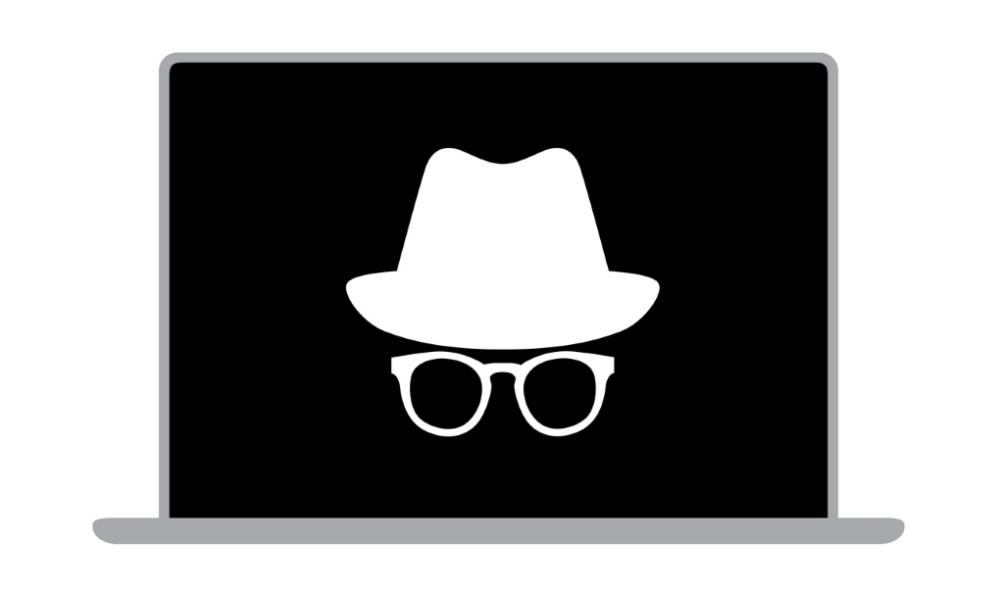
Tor is an infamous browser that, contrary to popular belief, is not only popular with drug dealers and terrorists. Tor passes the connection to the end server through several intermediaries and thus hides data about the user and his device. No one knows your IP address, what sites you visit, or what files you transfer. The program prevents all elements that could potentially be used to get information about users.
Keep Track of Mobile App Permissions
When downloading or updating an app, keep an eye on what it’s requesting access to. After all, it’s quite strange if a calculator asks for access to your contacts, gallery, or camera. You can control permissions: disable or enable them in the settings without affecting the functionality of the program. Remember that under the guise of harmless applications, attackers release malicious programs that steal information from your phone or computer.
This data gets to the attackers and can be used for the most disadvantageous purposes, which we have already mentioned before. For the same reason, you should not install applications on your smartphone from unknown sources, but only from official application stores, such as Play market, App Store, Windows store.
Following these recommendations will allow you to minimize the dangers on the Internet that you may encounter.
Be Careful When Searching for Information About Celebrities
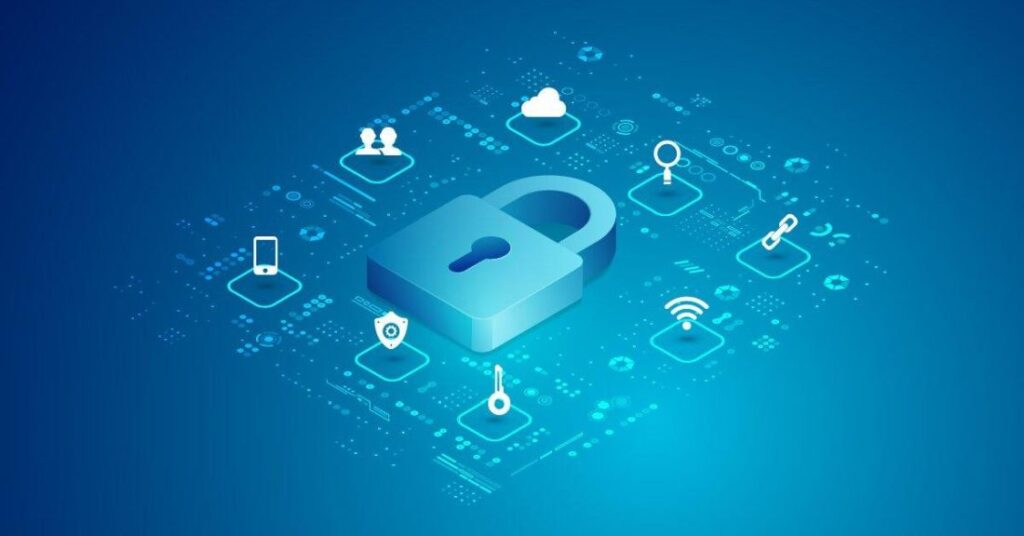
The American developer of anti-virus software McAfee annually compiles a rating of celebrities, which is dangerous to google because of the possibility of catching a computer virus or going to a malicious site. The easiest way to run into scammers is to form a search query with the star’s name and the words “photo,” “watch free,” “torrent,” “download.” This rating has been compiled for 12 years, and usually singers and actors are at the top of the list.
Timely Software Updates
Criminals improve their tools, and developers on the “bright” side strengthen their defenses. Both competitors study each other’s methods and try to respond to changes in a timely manner. New variants of hackers and spyware appear on the Internet every day, so you need to update your software regularly to minimize the risks. This applies to your antivirus, operating system, and browser.
What to Do if You’ve Been Attacked, Hacked, or Accidentally Caught a Virus Yourself?
The main thing is to act as quickly as possible so that those who got your data have as little time as possible! Immediately download antivirus, check your computer and computers of all those who are connected to you. Then change all passwords and access codes: from email, social media, bank accounts and other vulnerable accounts.
If you own your own site, it’s best to trust the problem of removing viruses and other malware to professionals. Otherwise, you and your customers could be seriously harmed by hackers.








